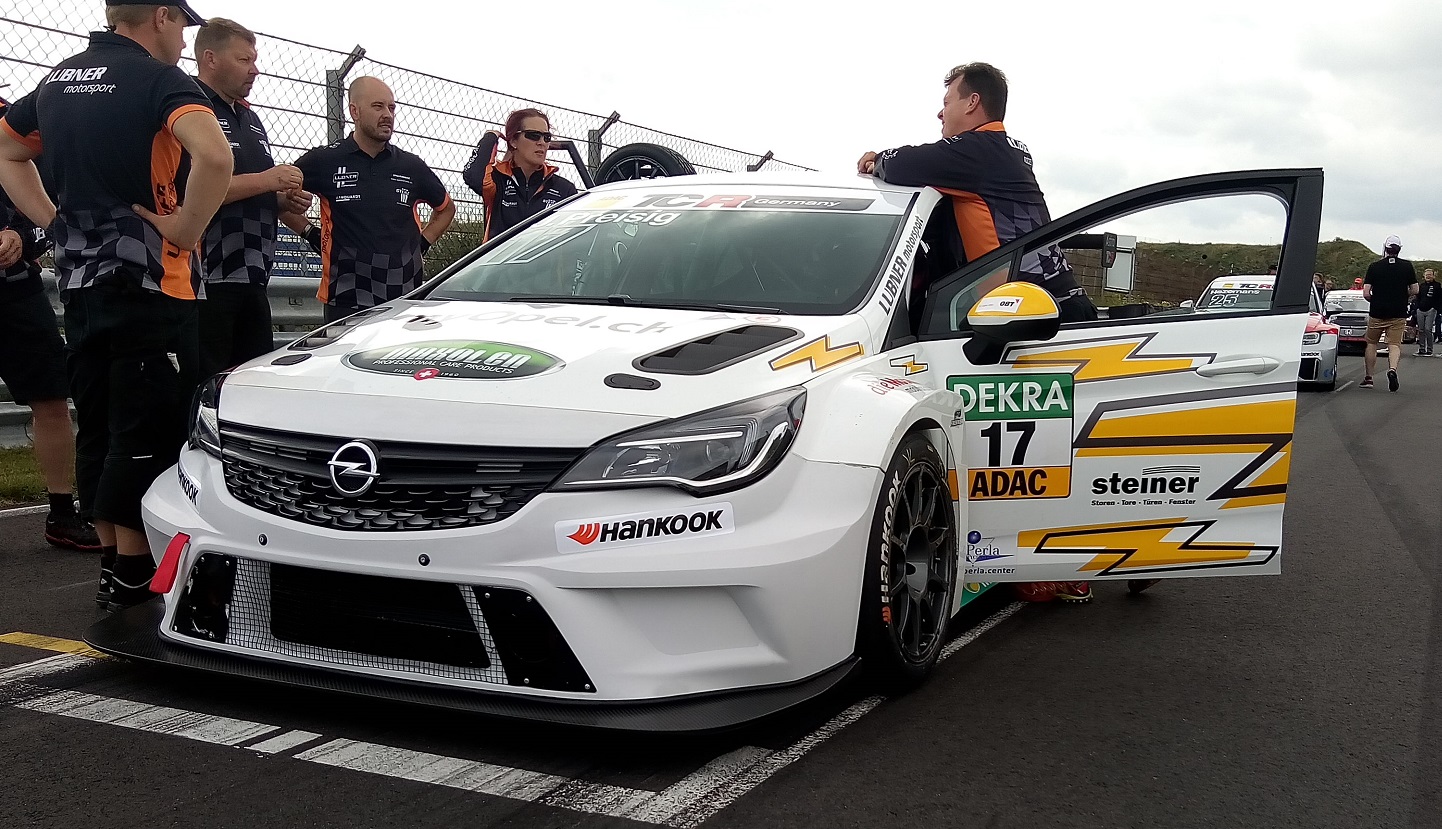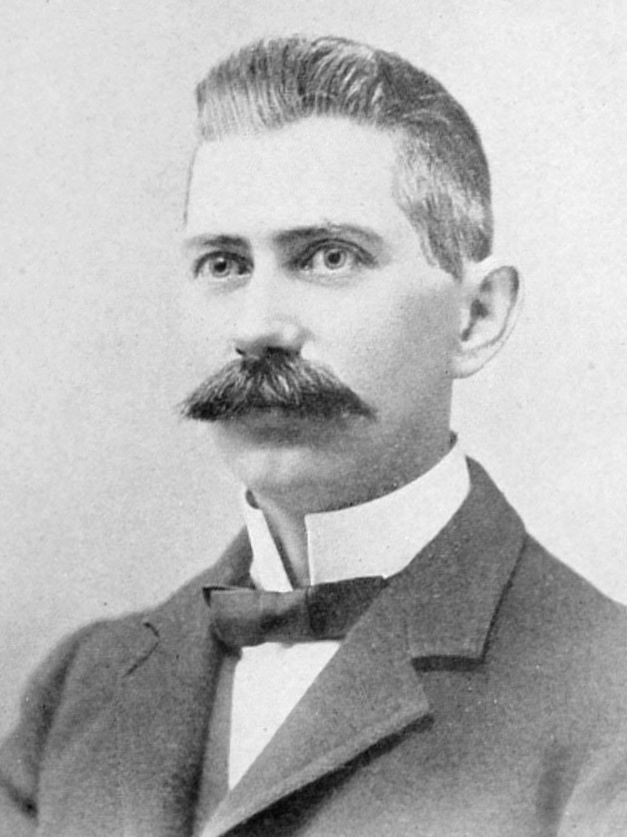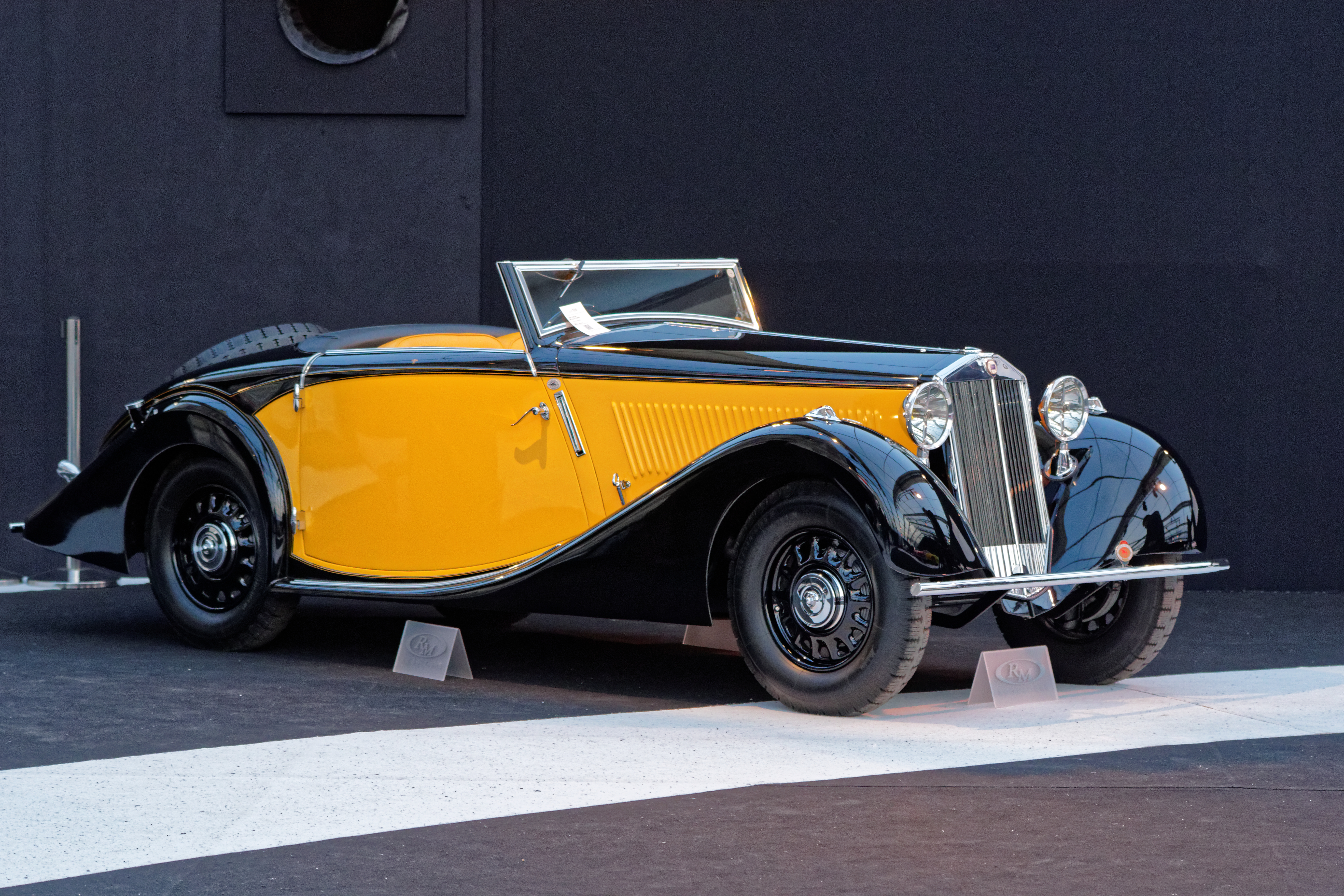|
Saturn Astra
The Opel Astra is a compact car/small family car (C-segment) developed and produced by the German automaker Opel since 1991, currently at its sixth generation. It was first launched in September 1991 as a direct replacement to the Opel Kadett. , the car slots between the smaller Corsa supermini and the larger Frontera subcompact crossover SUV. Initially, the Astra was available in hatchback, saloon, and estate (station wagon; known as the Astra Caravan, later the Sports Tourer) forms. A panel van (sedan delivery; Astravan) and a convertible (Astra Cabrio) also appeared in the early 1990s. These body styles were later followed by a coupé (the Astra GTC) in 2004, and the sporty Astra OPC appeared in 2005. The Twin Top retractable hardtop convertible replaced the soft top convertible in 2006, while the Caravan was renamed to Astra Sports Tourer since 2009. The Astra is branded the Vauxhall Astra in the United Kingdom. It was rebadged and sold as the Saturn Astra in North Am ... [...More Info...] [...Related Items...] OR: [Wikipedia] [Google] [Baidu] |
Opel
Opel Automobile GmbH (), usually shortened to Opel, is a German automobile manufacturer which has been a subsidiary of Stellantis since 16 January 2021. It was owned by the American automaker General Motors from 1929 until 2017 and the PSA Group prior to its merger with Fiat Chrysler Automobiles to form Stellantis in 2021. Most of the Opel lineup is marketed under the Vauxhall Motors, Vauxhall brand in the United Kingdom since the 1980s. Some Opel vehicles were badge engineering, badge-engineered in Australia under the Holden brand until 2020, in North America and China under the Buick, Saturn Corporation, Saturn (until 2010), and Cadillac brands, and in South America under the Chevrolet brand. Opel traces its roots to a sewing machine manufacturer founded by Adam Opel in 1862 in Rüsselsheim am Main. The company began manufacturing bicycles in 1886 and produced its first automobile in 1899. With the Opel RAK program, the world's first rocket program, under the leadership of F ... [...More Info...] [...Related Items...] OR: [Wikipedia] [Google] [Baidu] |
Opel Frontera (2024)
The Opel Frontera, also marketed as the Vauxhall Frontera in the UK, is a subcompact crossover SUV (B-segment) produced by Opel since 2024. The Frontera replaced the Opel/Vauxhall Crossland, and is a sister model to the second-generation Citroën C3 Aircross. It is available as a petrol mild hybrid vehicle or as a battery electric vehicle. The model reuses the nameplate from a previous SUV model sold by Opel that was sold between 1991 and 2004. Overview Opel decided to simplify the trim structure to two levels: Frontera and Frontera GS, with each trim can be paired with two option packages. Opel announced a 7-seater version will be available at a later date. The exterior features Opel's new Blitz logo on the Visor front fascia integrates the ECO LED headlights, a distinctive C-Pillar design, pronounced wheel arches and fenders, and rear taillights separated by body coloured inserts. The interior features the Pure Panel cockpit with two 10-inch displays for the driver's ... [...More Info...] [...Related Items...] OR: [Wikipedia] [Google] [Baidu] |
Holden Cruze
The Chevrolet Cruze is a compact car produced by General Motors from 2008 through 2023. It was designated as a globally developed, designed, and manufactured four-door compact sedan, complemented by a five-door hatchback body variant from 2011, and a station wagon in 2012. The Cruze replaced several compact models, including the Chevrolet Optra which was sold internationally under various names, the Chevrolet Cobalt sold exclusively in North America, and the -market Holden Astra. The Cruze was released in 2008 for the South Korean market as the Daewoo Lacetti Premiere prior to the adoption of its international name in 2011, when the Daewoo brand was discontinued. In , the model was sold between 2009 and 2016 as the Holden Cruze. In 2016, the Cruze sedan was restyled and renamed for the market as the Holden Astra Sedan, as a sedan complement to the Holden Astra family. Due to the market shift towards SUVs and decreasing sales, the Cruze has been gradually phased out. Productio ... [...More Info...] [...Related Items...] OR: [Wikipedia] [Google] [Baidu] |
Holden Astra
The Holden Astra is a small car formerly marketed by Holden. The first couple of generations of Astra were made only for Australia, and was a derivative of the locally produced Nissan Pulsar. With the Button car plan coming into effect, it was replaced by the Holden Nova, a rebadged Toyota Corolla. In 1995, Holden commenced selling the TR Astra in New Zealand. The TR was a Rebadging, rebadged version of the Opel Astra, which had been sold locally as an Opel since 1993. Holden discontinued the Nova line in Australia in favour of Opel's TR. Following its implementation as an Opel, it quickly became successful in its TS (1998) generation, where it came close to becoming Australia's best selling small car. The AH (2004) continued its success, before Holden discontinued Opel-sourced product range, replacing Astra with GM Daewoo's Cruze. On 1 May 2014, Holden announced plans to import the Opel Astra J GTC and Opel Astra J OPC with Holden badges to Australia and New Zealand, and the fo ... [...More Info...] [...Related Items...] OR: [Wikipedia] [Google] [Baidu] |
Buick Verano
The Buick Verano () is a compact car manufactured by SAIC-GM for the GM's Buick brand since 2010. It debuted at the North American International Auto Show on January 10, 2011, during a preview of Buick's then upcoming 2012 model. It is the first compact marketed by Buick in the United States since the 1998 Buick Skylark. ''Verano'' is Spanish for summer. The Verano, the Buick Excelle GT, which was developed for the Chinese market, and the Opel Astra/Vauxhall Astra sedan share General Motors' GM Delta II platform, Delta II platform with the Chevrolet Cruze, Chevrolet Orlando, and Opel Zafira, Opel/Vauxhall Zafira Tourer. In the US, it was manufactured by General Motors from 2012 to 2017. __TOC__ First generation (2011) Jim Federico, Executive Director and Vehicle Chief Engineer for Verano, led the vehicle development team and David Lyon, Buick design director, styled the exterior. The Verano is essentially a North American-market version of the Chinese-market compact ... [...More Info...] [...Related Items...] OR: [Wikipedia] [Google] [Baidu] |
Buick Excelle XT
Buick () is a division (business), division of the Automotive industry in the United States, American automobile manufacturer General Motors (GM). Started by automotive pioneer David Dunbar Buick in 1899, it was among the first American automobile brands and was the company that established General Motors in 1908. Before the establishment of General Motors, GM founder William C. Durant had served as Buick's general manager and major investor. With the demise of Oldsmobile in 2004, Buick became the oldest surviving American carmaker. Buick is positioned as a premium automobile brand, selling vehicles positioned below the flagship luxury Cadillac division. History Early years Buick is one of the oldest automobile brands in the world and is currently the oldest in the United States still active today. Autocar Company, Autocar, founded in 1897, is the oldest motor vehicle manufacturer in the western hemisphere; while originally an automobile maker, Autocar now builds heavy trucks. ... [...More Info...] [...Related Items...] OR: [Wikipedia] [Google] [Baidu] |
Retractable Hardtop
A retractable hardtop — also known as "coupé convertible" or "coupé cabriolet" — is a car with an automatically operated, self-storing hardtop, as opposed to the folding textile-based roof used by traditional convertible cars. Improved climate control and security benefits are traded against increased mechanical complexity, cost, weight, and often reduced luggage capacity. A 2006 ''New York Times'' article suggested the retractable hardtop might herald the demise of the textile-roofed convertible, and a 2007 ''Wall Street Journal'' article suggested "more and more convertibles are eschewing soft cloth tops in favor of sophisticated folding metal roofs, making them practical in all climates, year-round." History 1922 Ben P. Ellerbeck was granted a patent (U.S. No. 1,379,906 on 31 May 1921) for a retractable hardtop roof design for cars. He developed several scale models for the 1922 Automobile Body Builders Exhibition in New York City. In 1922, he modified a 1919 Hud ... [...More Info...] [...Related Items...] OR: [Wikipedia] [Google] [Baidu] |
Coupé
A coupe or coupé (, ) is a passenger car with a sloping or truncated rear roofline and typically with two doors. The term ''coupé'' was first applied to horse-drawn carriages for two passengers without rear-facing seats. It comes from the French past participle of , "cut". Some coupé cars only have two seats, while some also feature rear seats. However, these rear seats are usually lower quality and much smaller than those in the front. Furthermore, "A fixed-top two-door sports car would be best and most appropriately be termed a 'sports coupe' or 'sports coupé'". __TOC__ Etymology and pronunciation () is based on the past participle of the French verb ("to cut") and thus indicates a car which has been "cut" or made shorter than standard. It was first applied to horse-drawn carriages for two passengers without rear-facing seats. These or ("clipped carriages") were eventually clipping (phonetics), clipped to .. There are two common pronunciations in English: * () ... [...More Info...] [...Related Items...] OR: [Wikipedia] [Google] [Baidu] |
Convertible
A convertible or cabriolet () is a Car, passenger car that can be driven with or without a roof in place. The methods of retracting and storing the roof vary across eras and manufacturers. A convertible car's design allows an open-air driving experience, with the ability to provide a roof when required. A potential drawback of convertibles is their reduced Torsion (mechanics), structural rigidity (requiring significant engineering and modification to counteract the side effects of almost completely removing a car's roof). The majority of convertible roofs are of a folding construction framework with the actual top made from cloth or other fabric. Other types of convertible roofs include retractable hardtops (often constructed from metal or plastic) and Convertible#Detachable hardtop, detachable hardtops (where a metal or plastic roof is manually removed and often stored in the trunk (car), trunk). Terminology Other terms for convertibles include cabriolet, cabrio, drop top, ... [...More Info...] [...Related Items...] OR: [Wikipedia] [Google] [Baidu] |
Sedan Delivery
A panel van, also known as a delivery van (United Kingdom), blind van, car-derived van or sedan delivery (United States), is a small cargo vehicle with a passenger car chassis, typically with a single front bench seat and no side windows behind the B-pillar. Panel vans are smaller than panel trucks or cargo vans, both of which use body-on-frame truck chassis. As they are derived from passenger cars, the development of panel vans is typically closely linked with the passenger car models upon which they depend. North American panel vans were initially based upon the two-door station wagon models, while Europe's narrower roads dictated that panel vans utilize the smaller donor chassis of subcompact cars in that market. In Australia, panel vans were a development of the ute, a small pickup truck based on a passenger car chassis, e.g. Holden Ute, often using the longer wheelbase of a station wagon chassis. Origins Panel vans were a well-established body type by the end of the 19 ... [...More Info...] [...Related Items...] OR: [Wikipedia] [Google] [Baidu] |
Panel Van
A panel van, also known as a delivery van (United Kingdom), blind van, car-derived van or sedan delivery (United States), is a small cargo vehicle with a passenger car chassis, typically with a single front bench seat and no side windows behind the B-pillar. Panel vans are smaller than panel trucks or cargo vans, both of which use body-on-frame truck chassis. As they are derived from passenger cars, the development of panel vans is typically closely linked with the passenger car models upon which they depend. North American panel vans were initially based upon the two-door station wagon models, while Europe's narrower roads dictated that panel vans utilize the smaller donor chassis of subcompact cars in that market. In Australia, panel vans were a development of the ute, a small pickup truck based on a passenger car chassis, e.g. Holden Ute, often using the longer wheelbase of a station wagon chassis. Origins Panel vans were a well-established body type by the end of ... [...More Info...] [...Related Items...] OR: [Wikipedia] [Google] [Baidu] |
Station Wagon
A station wagon (American English, US, also wagon) or estate car (British English, UK, also estate) is an automotive Car body style, body-style variant of a Sedan (automobile), sedan with its roof extended rearward over a shared passenger/cargo volume with access at the back via a third or fifth door (the liftgate, or Trunk (automobile)#Tailgate, tailgate), instead of a trunk/boot lid. The body style transforms a standard Three-box styling, three-box design into a Three-box styling#One-box and Two-Box design, two-box design—to include an Pillar (car), A, B, and C-pillar, as well as a D-pillar. Station wagons can flexibly reconfigure their interior volume via fold-down rear seats to prioritize either passenger or cargo volume. The ''American Heritage Dictionary'' defines a station wagon as "an automobile with one or more rows of folding or removable seats behind the driver and no luggage compartment but an area behind the seats into which suitcases, parcels, etc., can be loaded ... [...More Info...] [...Related Items...] OR: [Wikipedia] [Google] [Baidu] |











